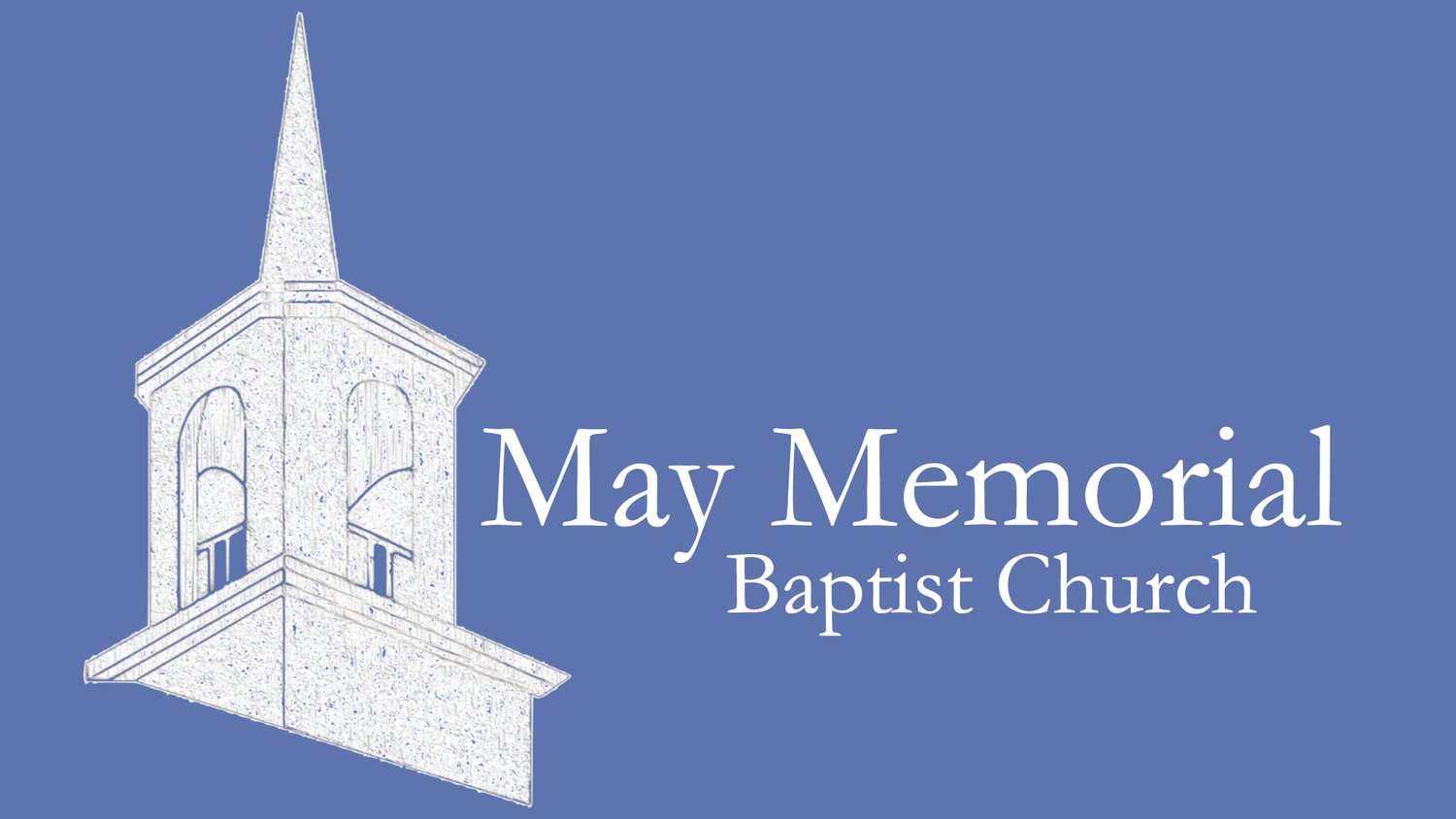Over the past few weeks I have been re-reading a volume that I read years ago, Richard Hay’s The Moral Vision of the New Testament. The reason I chose to re-read this book is that Hays, retired New Testament professor at Duke Divinity School, is releasing a new book this Fall, written with his son who is now a theologian, and in the new book Hays apparently has changed course on his view of homosexuality.
In The Moral Vision Hays argues convincingly that the New Testament is univocal in its condemnation of homosexual erotic activity. But, as Hays points out, it is only one text that explicitly offers this teaching (Romans 1). In the New Testament, there are far more pressing issues that the writers are more concerned with. He also answers the question “should homosexuals be allowed in the church?” To this question Hays states that if homosexuals are asked to leave church he would have to follow them out and that he would gladly leave those inside “who are able to cast the first stone.” In other words, we all are sinners, even (especially) all of us in church.
I tell you this not to point toward the polarizing debate over LGBTQ issues in the church, but to share the most pressing thing that I walked away from The Moral Vision thinking about, carrying with me, and convicted over.
In an age when churches are numerically “not what they used to be,” it is easy for churches, for pastors, for MYSELF, to focus on the things that will not be viewed as controversial, “offensive,” or that will “step on toes.” And if the need arises to speak about a topic that is potentially divisive, do so with some degree of vagueness. What is entirely easier to do is to always talk about love or the teaching to not judge others, “lest we be judged.” This may or may not work well as a model for church growth, but it certainly does not change the overwhelming moral call of the New Testament.
Here’s what troubles me.
If we look at the New Testament, including Jesus, Paul, John, the writer of Hebrews, and the Revelation, the moral teachings that thread their way through all of these (as opposed to homosexuality) are things that are hard to talk about, because our culture is so immersed in them. At the top of the list is violence. Violence done in war, in criminal activity, and even in self-defense. Acts of violence are clearly, overwhelmingly, and univocally condemned for a Christian. The ethic from Jesus is clearly “turn the other cheek.” Jesus is not ambiguous, he gives it as a rule. That is hard. To those who think homosexuality is a tough conversation in the American church, try talking about how Jesus and the New Testament view violence, retribution, and self defense.
Something else that troubles me is that right behind violence, the next theme that is clear throughout the New Testament is condemnation of divorce, especially divorce and remarriage. I don’t want to talk about this, not because there is confusion in the New Testament, but because over 50% of marriages end in divorce. The model of the New Testament is a monogamous, life-long covenant between a man and a woman.
Next is racism. It is clear that “In Christ there is neither Jew nor Greek…”. Jesus tells the story of a “Good Samaritan” and Jesus goes out of his way to include those who were viewed as “racially impure.” I don’t want to talk about this, not because their is even the slightest variation of condemnation in the New Testament, but because race is a political tinder box these days in our country. If I talk about the sin of racism, who will leave?
You see, when a person joins the Church, they are doing more than getting their name on a role. Our church, just like most, has a lot of names on the role. But what is really happening when someone professes faith and joins a church is that they are committing themselves, through the power of the Holy Spirit, to a new and different way of life. A way of life that is not shaped by the culture, but by the Gospel. It is not an easy life, to turn the other cheek, to forgive, to live by a different moral code that we see around us.
I hope, I pray, I desire, that we never lose sight that underneath our love for all people that we are called to live lives of Christian morality centered in Jesus Christ.
I look forward to Richard Hay’s new volume that is going to be released in September, The Widening of God’s Mercy: Sexuality Within the Biblical Story. It is an important issue for the Church to consider. But either way, I pray that we never forget that our calling in Jesus Christ is a calling to a peaceful, faith-filled, commitment-honoring life.

